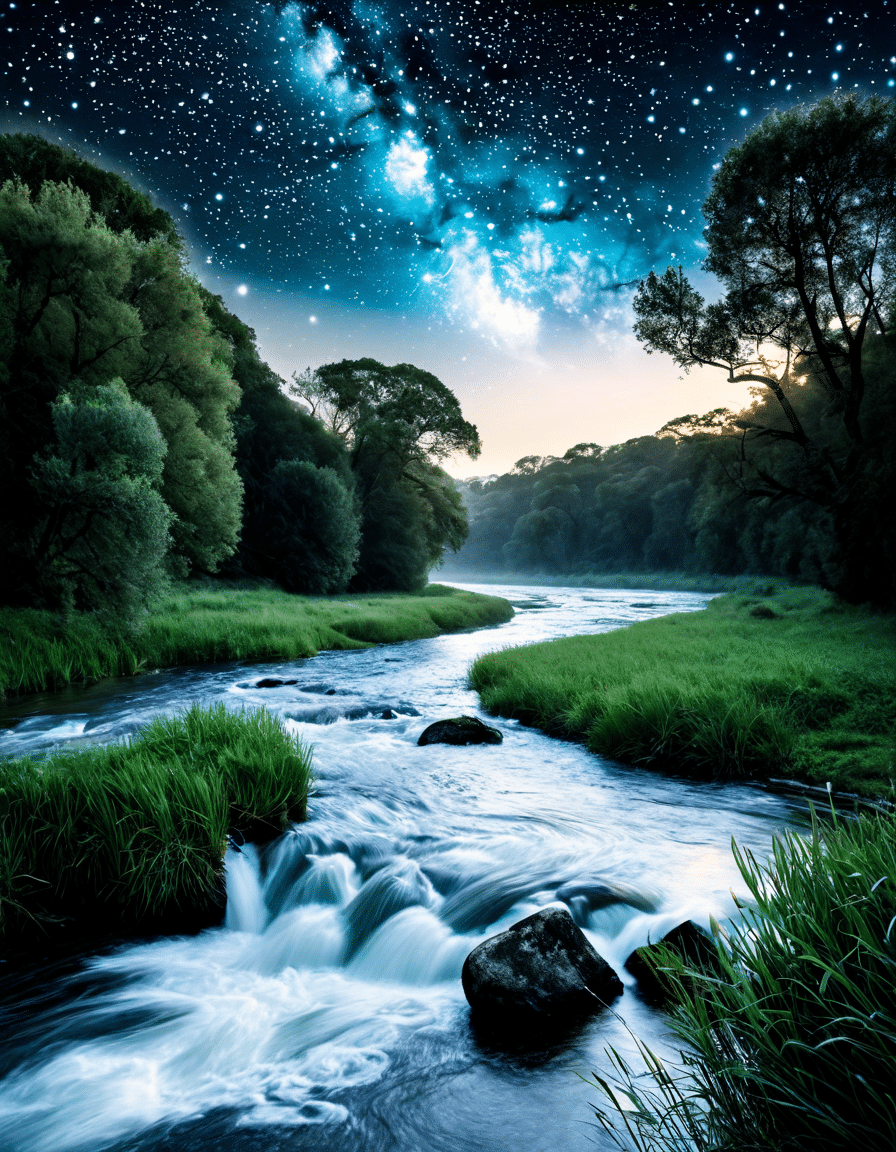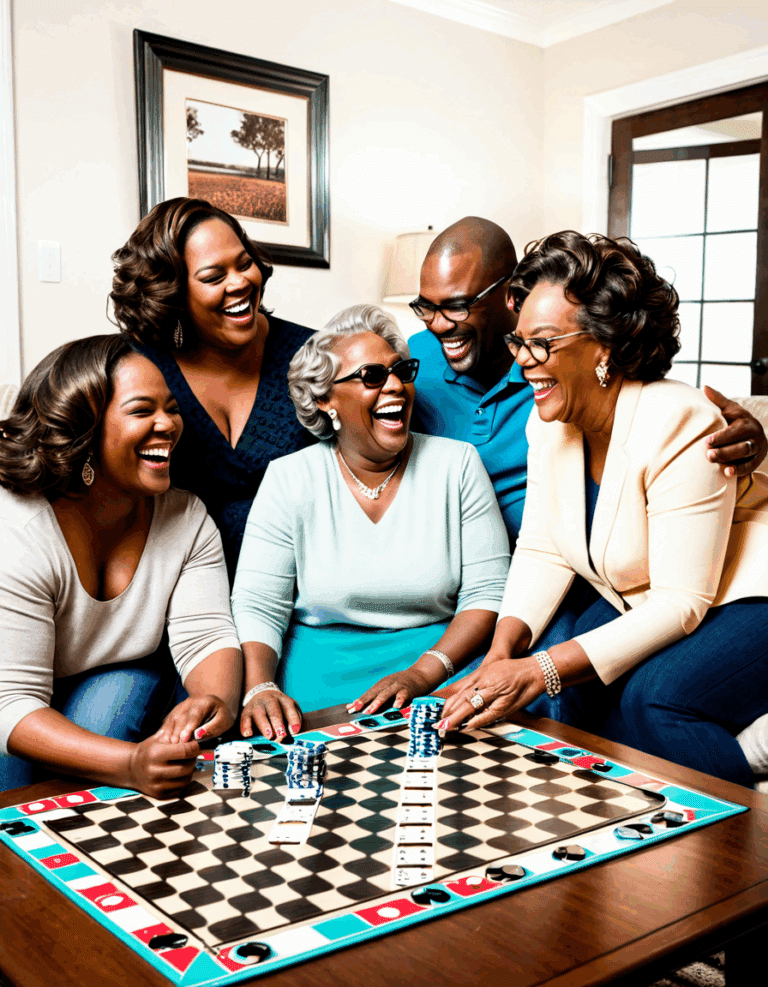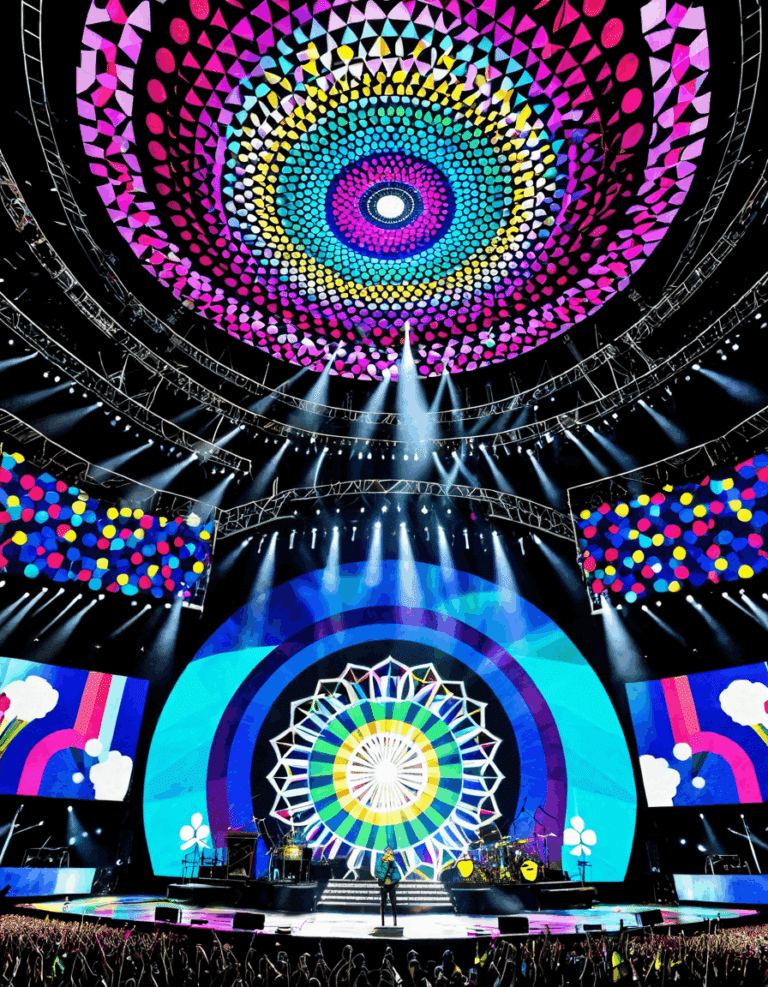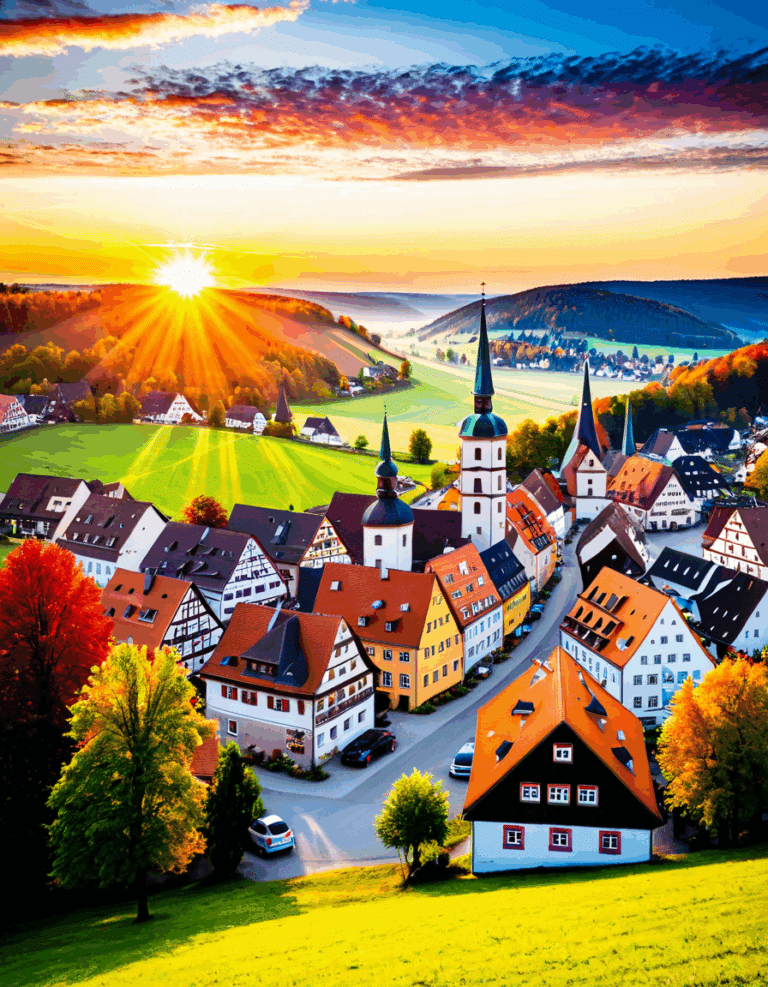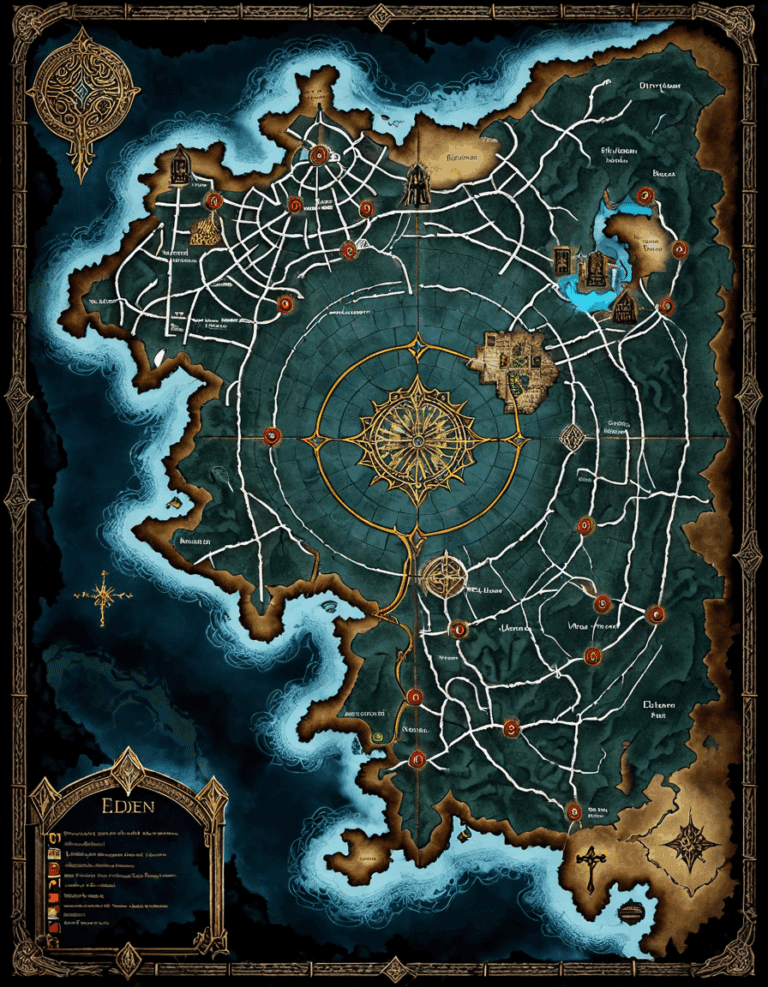The question of what happens to us after death has always been a topic of humanity’s curiosity and debate. Nearly everyone ponders—does the soul live on? Do we simply fade into oblivion, or is there more to the story? In exploring this profound topic, let’s uncover major beliefs across various cultures and religions, delve into scientific insights, and engage with the heart of what makes life meaningful. This investigation into the after-death experience may just alter your perspective on existence itself.

Understanding the Various Beliefs About What Happens After Death
The after-death journey varies dramatically based on culture, religion, and philosophical beliefs. Here’s a closer look at some of the most notable perspectives on this intriguing topic.
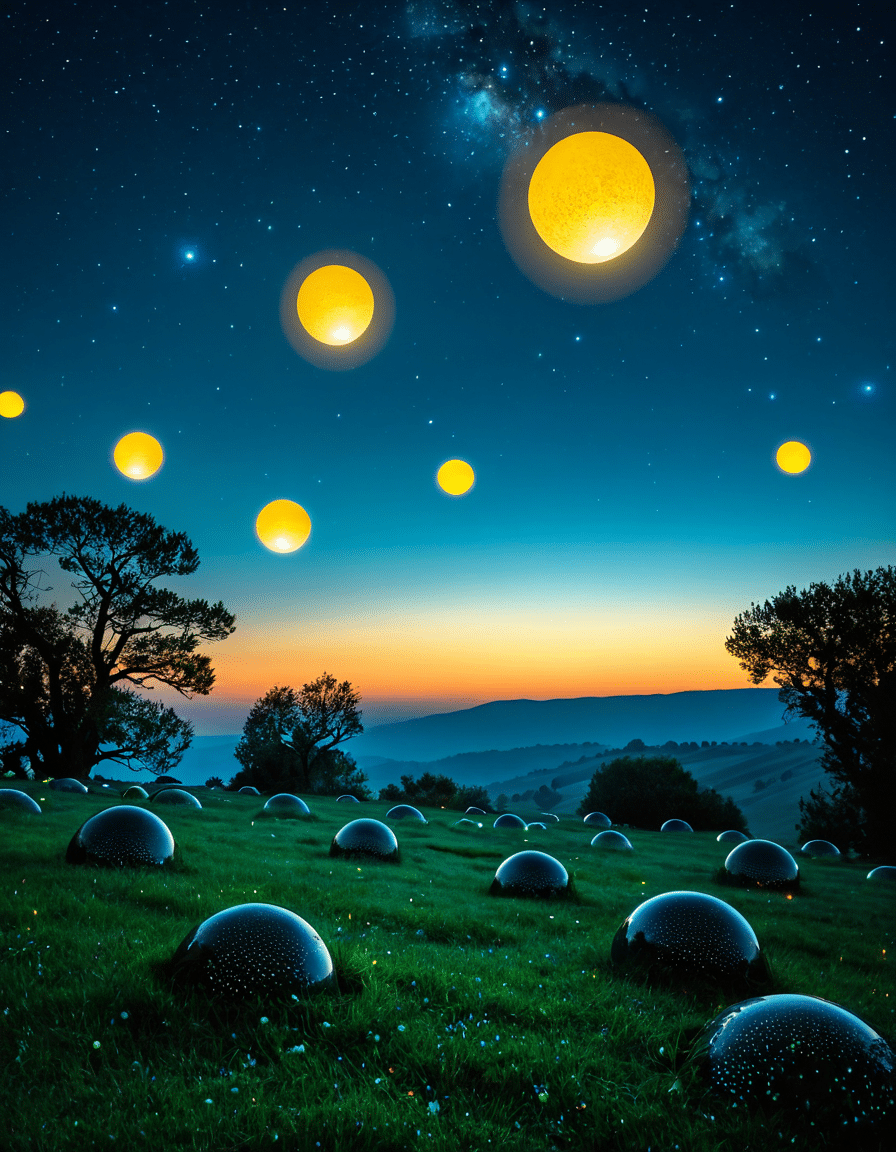
1. The Christian Perspective: Heaven, Hell, and Purgatory
For many Christians, the afterlife revolves around the concepts of Heaven and Hell. Heaven is a paradise for the faithful, while Hell serves as a place of punishment for the damned. Catholic doctrine also discusses Purgatory—a sort of waiting room for souls needing cleansing before entering Heaven. Dante Alighieri’s “Divine Comedy” offers insight into these paths, painting vivid pictures of divine retribution and grace. The moral undertones in this literature encourage believers to live in accordance with their faith, often opening dialogues about morality, temptation, and redemption.
2. Hinduism’s Reincarnation Cycle
Hindu beliefs in reincarnation present a cyclical nature of life and death, known as samsara. Every soul endures repeated cycles of birth, death, and rebirth dictated by karma—the cumulative impact of one’s actions. This philosophy urges individuals to lead ethical lives, illustrating the interconnectedness of actions and consequences. The ultimate goal is moksha, liberation from this endless cycle. Practices like yoga and meditation are common pathways towards achieving this freedom, allowing souls to transcend their earthly attachments.
3. Buddhism: Nirvana and the End of Suffering
Buddhism aligns with the idea of reincarnation but directs focus on achieving Nirvana, a state of liberation from suffering. Understanding the Four Noble Truths and adhering to the Eightfold Path help practitioners work toward enlightenment. These teachings encourage mindfulness and ethical conduct, offering a roadmap to transcend the inadvertent suffering of life. When one reaches Nirvana, the repetitive cycle of rebirth is finally broken.
4. Islamic Views: The Day of Judgment
Islam carries its own distinct beliefs about life after death. The Day of Judgment, known as Yawm al-Qiyamah, dictates that everyone will be resurrected for a divine evaluation of their past deeds. How one adhered to the teachings of the Quran and the Hadith determines their final abode—either Paradise (Jannah) or Hell (Jahannam). This belief system governs the behavior and decisions of millions, embedding a deep sense of accountability in daily acts.
5. Secular Perspectives: The Void and Legacy
For those who lean towards a secular view, death often translates to the cessation of consciousness, leaving an empty void. This perspective prompts individuals to focus on legacy-building—what remains of one’s character and contributions after passing. Thinkers like Albert Camus grappled with existentialism and our acceptance of life’s fleeting nature, arguing that creating meaning while alive is essential, despite the inevitability of death.
6. Scientific Insights: The Brain’s Final Moments
Fascinatingly, researchers in neuroscience have been probing the brain’s activity during dying moments, leading to groundbreaking revelations. Some studies suggest that the brain might be active for up to seven minutes after clinical death. This activity could include visualizations or emotional reflections, prompting debates on whether there’s a spiritual dimension to these experiences. Could those last moments be akin to a vivid dream or even a life review? It’s a question that begs answering.
7. Cultural Interpretations: Folklore and Beyond
Cultural narratives around after-death experiences often provide societal values and morals wrapped in storytelling. Ancient Egyptians believed in weighing the heart against a feather, an allegorical assessment of one’s life choices. Fast-forward to today, and movies like Pixar’s “Coco” celebrate memory and familial bonds at the heart of death. These artistic expressions enhance cultural discussions about the afterlife, promoting reverence for those who’ve passed while inspiring reflections on legacy.
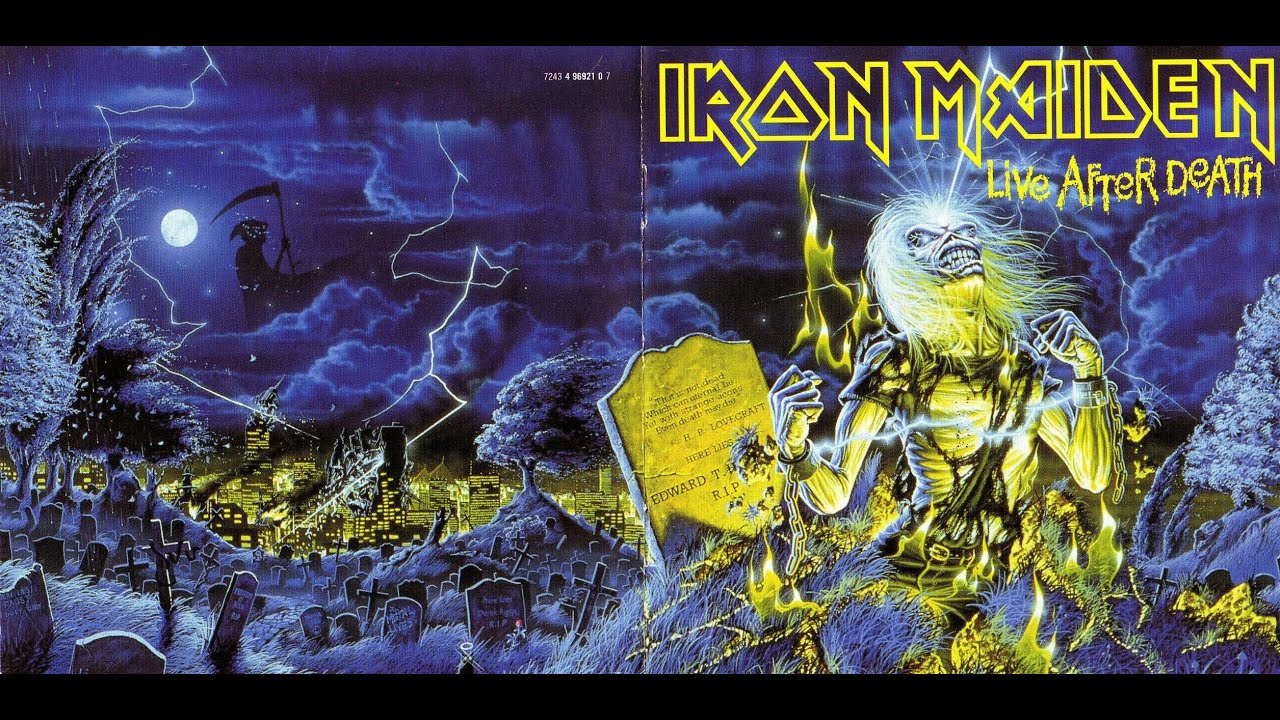
Bridging Beliefs with Scientific Understanding
When we juxtapose faith-based beliefs with scientific inquiries, it sparks fascinating discussions about existence. For instance, the exploration of near-death experiences (NDEs) prompts questions regarding consciousness and personal identity after death. Conversations between theologians and scientists about NDE phenomena pose larger inquiries: Is a soul’s essence distinct from physiological brain functions? This line of questioning encourages an enriching discourse that blends spirituality with empirical evidence.
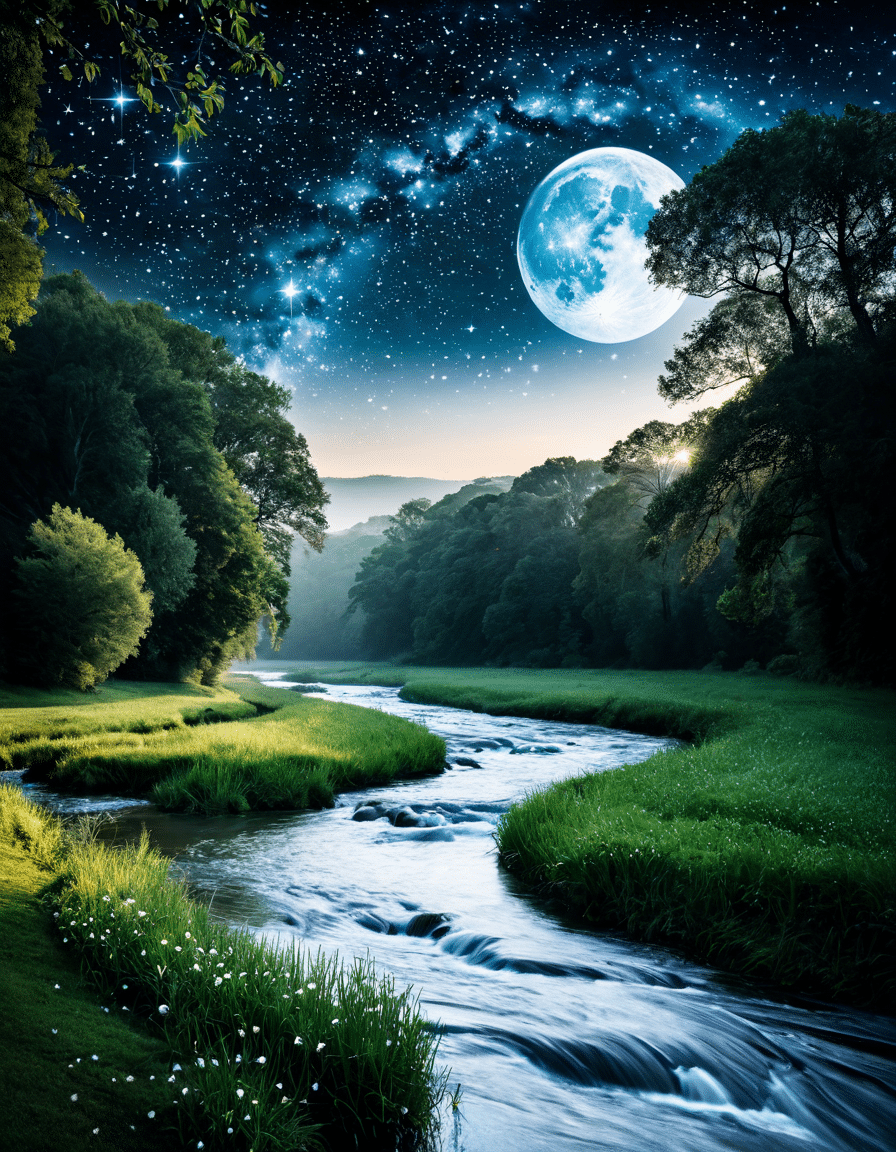
The Evolving Discourse on After Death
Our understanding of life after death is continuously enriching. By merging traditional beliefs with modern science, we engage in a deeper conversation about existence. This dynamic exchange of ideas fosters introspection—challenging us to contemplate not just what happens after we leave this world, but also how our lives resonate while we’re here. The mystery of the afterlife can compel us to live authentically, driving home the point that in contemplating mortality, we often discover the map to truly living.
As we wade through the depths of what happens after death, we embrace a wide spectrum of beliefs. It is here, amidst the questions about the soul and our transient lives, that we find an opportunity for growth, understanding, and, hopefully, a bit of peace. After all, the inquiries surrounding the after-death experience serve to enrich the dialogue about life itself—reminding us to ask not just about the end, but about the intricacies of the journey within.

After Death: What Happens to Your Soul
What Goes on After Death?
When we ponder the mystery of what happens after death, we’re diving into a topic that has intrigued humanity for ages. From spiritual beliefs to scientific studies, the afterlife has sparked countless discussions. Oddly enough, even pop culture touches on this subject. Take, for instance, the character Madea from Madea’s Big Happy Family, who humorously reminds us that family and legacy might transcend the physical realm. Anyway, many wonder if there’s something waiting for us after we punch our final clock.
Interestingly, different cultures offer various explanations about the afterlife. For instance, some believe that the soul leaves the body and embarks on a journey to a new existence, while others see it as a transition into becoming part of a larger cosmic whole. This is reminiscent of how Darren Barnets roles often explore themes of change and personal growth, resonating with the idea of transformation post-mortem. Just think about it; isn’t it fascinating how stories and ancient beliefs influence our understanding of what lies beyond?
The Science Behind After Death
Now, let’s shift gears and talk about the scientific perspective. Researchers have studied near-death experiences, revealing accounts where individuals report feelings of floating, seeing bright lights, or even meeting loved ones. These experiences poke fun at the rigid boundaries we perceive in life and death. It’s almost like watching a gripping saga unfold—the kind you’d find on shows like Love Island USA, where every moment can flip the narrative.
Even in modern medicine, the mystery of soul departure garners attention, prompting discussions about consciousness and existence. Some scientists, such as those mentioned in studies involving figures like Karen Reed, try to demystify these moments, suggesting they may stem from brain activity during trauma. How cosmic is that? Yet, while we’ve got scientists dissecting the phenomena, we haven’t answered the big question of whether or not our souls truly survive.
The Philosophical Playground
In the grand scheme of things, the philosophical debate surrounding life after death can feel like a never-ending tug-of-war. Are we like Josh Bowmars hunting skills, aiming for the right target with each argument? Or are we, like Bill Cosby’s daughter reflecting on legacy, wandering through a maze of thoughts and beliefs? Either way, it’s clear that this isn’t just an old hat discussion—people are still chewing on these questions.
So, will you get the chance to walk on clouds or explore a different dimension once your time on Earth is done? Nobody knows for sure, and that’s what keeps the conversation alive. After all, whether you’re a fan of playing classic Ps2 Roms, enjoying films featuring Aaron Moten, or just sipping a brew while reminiscing about life, the prospect of what lies after death keeps everyone on their toes, curious and eager for answers.
